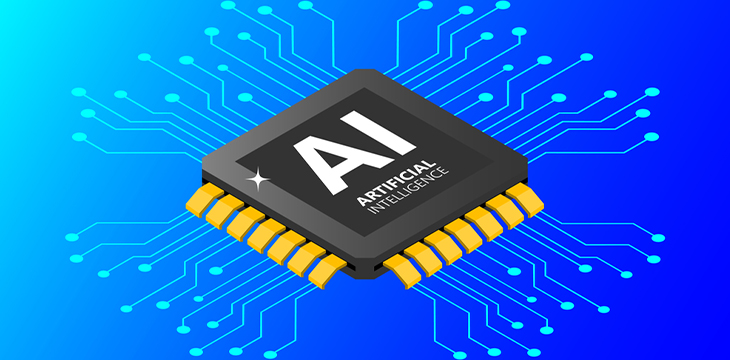|
Getting your Trinity Audio player ready...
|
OpenAI, maker of the popular artificial intelligence (AI) model ChatGPT, is reportedly holding high-level discussions with semiconductor manufacturer Broadcom to design a new AI chip to power its future offerings.
According to a Reuters report, OpenAI is keen to transition to in-house chip manufacturing following a global shortage of graphic processing units (GPU) necessary to make its generative AI models. Presently, the Microsoft-backed (NASDAQ: MSFT) company relies on Nvidia (NASDAQ: NVDA) and a slew of technical partners for high-end chips, a trend that the company says is unsustainable in the long run.
The discussions with Broadcom will alleviate supply pressures for OpenAI, with the semiconductor manufacturer acquiring VMWare in late 2023. Industry players view the acquisition of the cloud computing firm by Broadcom for $61 billion as a move poised to improve service delivery for both companies.
OpenAI is building its chip design team, bolstering the unit with former Google (NASDAQ: GOOGL) employees involved in developing the search giant’s AI chip. OpenAI is also exploring industry partnerships to float its chip design unit rather than building it from the ground up.
“OpenAI is having ongoing conversations with industry and government stakeholders about increasing access to the infrastructure needed to ensure AI’s benefits are widely accessible,” said a company spokesperson.
The AI developer has been rolling out innovation at breakneck speed since its chatbot became mainstream in late 2022. To stave off competition from Google, Meta (NASDAQ: META), and Anthropic, OpenAI is opting to regularly ship upgrades for its generative AI offerings—DALL-E3 and GPT-4.
While the company grapples with the challenges of copyright-themed lawsuits, privacy concerns, integration with emerging technologies, and a leadership tussle, global chip shortages pose a significant uphill climb for OpenAI. For now, it is unclear if OpenAI is pursuing a partnership or an outright acquisition of Broadcom to solve its AI chip challenges.
Back in January, OpenAI CEO Sam Altman held a series of talks with global investors to establish a number of chip fabrication plants rumored to be worth $10 billion. SoftBank Group (NASDAQ: SFTBY) and the United Arab Emirates (UAE) G42 have been tapped to lead the fundraising, with Samsung and Intel angling on the sidelines.
In-house chip design gathers steam
Several large technology firms opt to build their own chips rather than demand third-party suppliers amid the ongoing AI race. Apple (NASDAQ: AAPL) is proceeding with in-house chip design to power its AI objectives, joining Google, Samsung, and Meta (NASDAQ: META) in their ambitions to explore internal options.
Apart from meeting their internal demands, the companies may be keen on getting favorable deals from industry leaders like Nvidia and AMD (NASDAQ: AMD) in pricing and access to high-end AI chips.
“From Meta’s point of view … it gives them a bargaining tool with Nvidia,” said Edward Wilford, an analyst at tech consultancy Omdia. “It lets Nvidia know that they’re not exclusive, [and] that they have other options.”
In order for artificial intelligence (AI) to work right within the law and thrive in the face of growing challenges, it needs to integrate an enterprise blockchain system that ensures data input quality and ownership—allowing it to keep data safe while also guaranteeing the immutability of data. Check out CoinGeek’s coverage on this emerging tech to learn more why Enterprise blockchain will be the backbone of AI.
Watch: Understanding the dynamics of blockchain & AI

 02-14-2026
02-14-2026 




